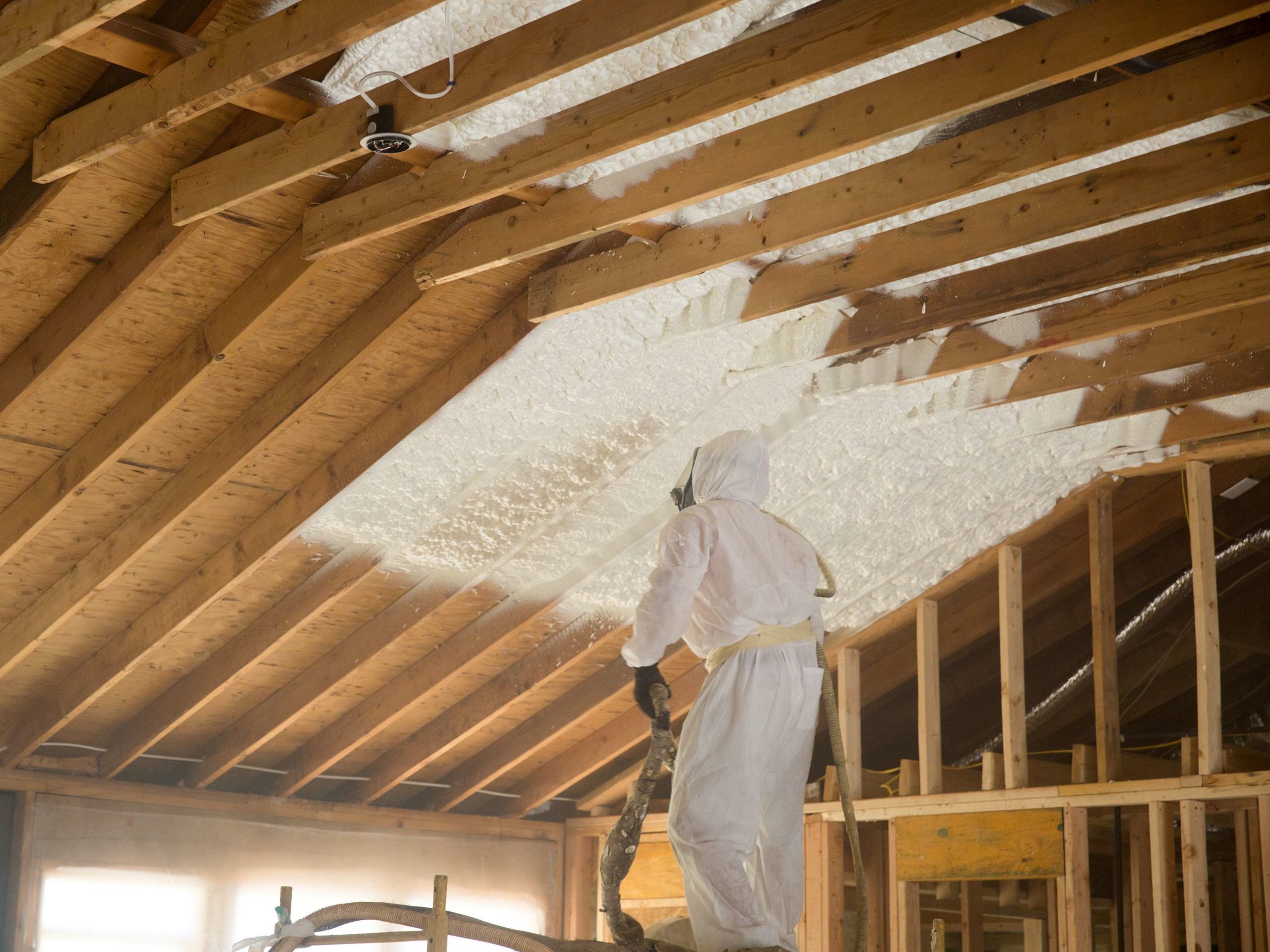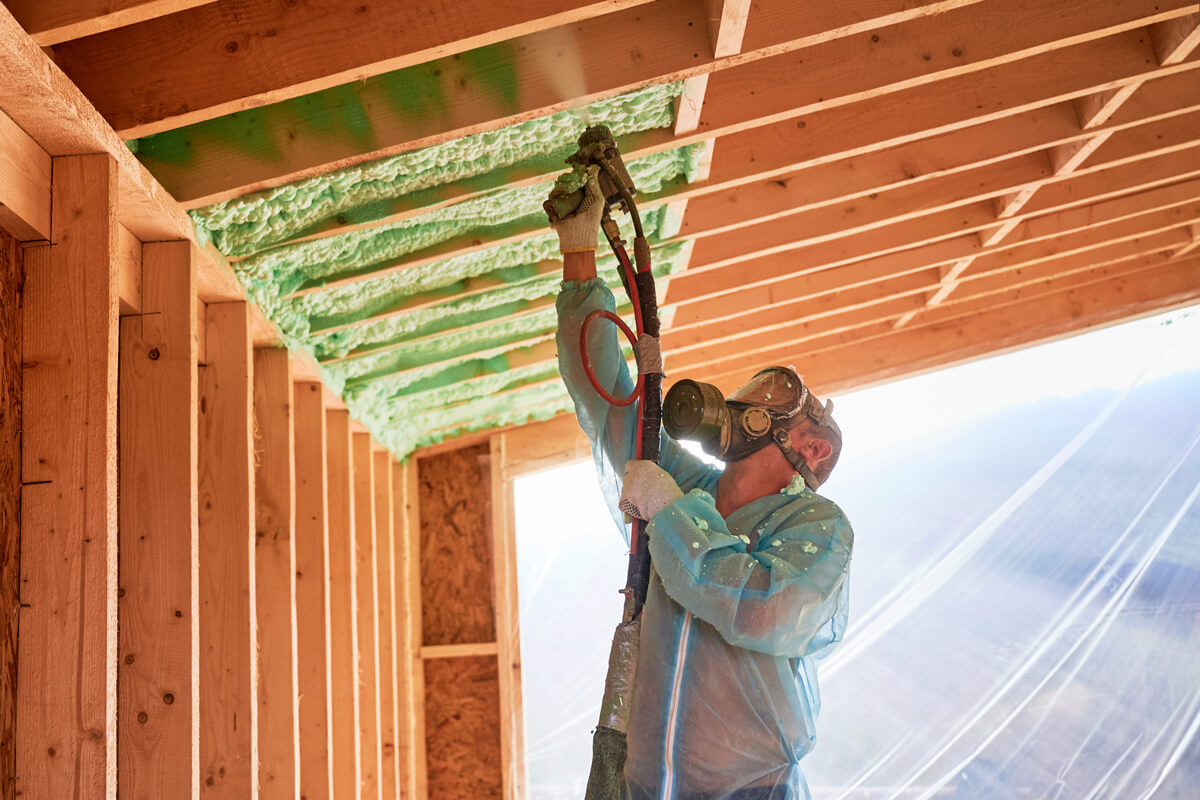Choosing an insulation contractor in Nashville affects long-term energy efficiency, building performance, and comfort. Both residential and commercial property owners need to evaluate multiple factors to make a reliable decision.
This guide breaks down key considerations using search-aligned structure and semantic SEO principles. It supports every stage of the decision-making funnel—from research to hiring.
Compare Types of Insulation Services Offered
Not every company in Nashville provides the same range of insulation options. Property-specific needs determine which service is most appropriate.
Residential vs Commercial Service Specialization
Some companies focus solely on homes, while others are equipped for larger buildings or industrial facilities. Check project scope capacity:
- Residential: attic insulation, crawl space sealing, wall foam injection.
- Commercial: roof insulation, vapor barriers, large-scale energy audits.
Material Options
Different materials suit different climates and building structures. The most common include:
- Spray foam insulation – high R-value, air sealing, long lifespan.
- Blown-in cellulose or fiberglass – effective in attics and existing walls.
- Batt insulation – commonly used in new construction.
- Rigid foam board – suitable for foundations and exterior walls.
Retrofit vs New Construction
Insulation approaches vary between upgrades and new builds. Retrofit jobs often require targeted application without full teardown. Not every contractor handles both.

Evaluate Certification and Compliance
Contractors must follow local codes, building science best practices, and environmental regulations.
Licensing and Insurance
Arkansas requires insulation contractors to hold a valid license. Verify credentials with:
- State contractor licensing boards
- Proof of general liability and workers’ compensation coverage
Industry Certifications
Third-party certifications demonstrate professional standards:
- BPI (Building Performance Institute)
- SPFA (Spray Polyurethane Foam Alliance) Accreditation
- RESNET Certification for energy efficiency assessments
These signal commitment to energy code compliance and safe application methods.
Inspect Company Experience and Track Record
Longer operating history often signals reliability, but specifics matter more than duration alone.
Portfolio and Case Studies
Look for documented examples of previous work in properties similar to yours. Focus on:
- Project size
- Climate-zone relevance
- Energy savings achieved
Client References and Reputation
Beyond online reviews, request direct references. Feedback from building managers, homeowners, or facilities coordinators offers real insight.

Comparison Table: Experience Evaluation Criteria
| Factor | Why It Matters | Signs of Strength |
|---|---|---|
| Years in operation | Indicates established practices | 5+ years with steady growth |
| Project documentation | Proof of technical skill | Before/after images, energy audit reports |
| Type of clients served | Aligns with your building type | Mix of residential and commercial accounts |
| Local relevance | Climate-appropriate techniques | Projects completed in Nashville, AR area |
Analyze Installation Methods and Equipment
Application quality affects performance as much as material choice. Understand how a company executes its installations.
Equipment Type and Maintenance
Contractors using outdated or poorly maintained rigs often deliver inconsistent results. Ask about:
- Rig type (mobile spray foam unit, blowing machine, etc.)
- Maintenance schedule
- Manufacturer calibration standards
Crew Training and Safety Practices
A skilled team reduces risk and ensures precision. Check for:
- Formal crew training
- Job-site supervision
- Use of protective gear and ventilation systems
Understand Energy Efficiency and Building Envelope Testing
Insulation isn’t only about material—it’s about building performance. Top contractors test for leaks and inefficiencies before and after installation.
Pre-Installation Assessment
Look for companies that offer:
- Infrared thermography
- Blower door testing
- Moisture detection
These reveal heat loss, air leakage, and hidden structural gaps.
Post-Installation Verification
Testing ensures insulation was applied correctly. Reliable companies validate:
- Air seal integrity
- Consistent R-values
- Improved indoor air quality metrics
Compare Warranties and Long-Term Support
Insulation should last for decades. Choose a company that stands behind its work.
Material and Workmanship Warranty
Warranties vary. Understand coverage terms for:
- Product lifespan (typically 20–30 years)
- Application issues (sagging, gaps, detachment)
Long-Term Maintenance or Reapplication Policies
Professional commercial Insulation spaces or high-humidity zones, periodic inspection may be needed. Ask whether the company provides ongoing monitoring or service packages.
Check Scheduling, Availability, and Communication
Even technically skilled companies can be difficult to work with if their scheduling or communication is poor.
Project Timeline Clarity
Get a timeline estimate with:
- Start and finish dates
- Prep time for surface cleaning or access setup
- Drying/curing periods (for spray foam)
Communication Responsiveness
Timely updates, easy contact methods, and clarity in documentation all indicate organized service. Disorganized quoting or follow-ups often foreshadow future problems.
Ask About Local Knowledge and Code Familiarity
Regional factors like humidity, average temperatures, and building styles shape the right insulation strategy.
Climate-Adaptive Practices
Nashville, AR has hot summers and relatively humid conditions. Best practices include:
- Closed-cell foam in crawl spaces to resist moisture
- High R-value attic insulation to reduce heat gain
- Proper ventilation in retrofits to avoid mold risk
Local Code Compliance
City and county codes may require specific R-values, fire ratings, or moisture barriers. Ask how the company stays updated on local code changes.
Conclusion
Choosing an insulation company in Nashville, AR involves more than checking reviews or comparing quotes. The right installer should understand your building type, use reliable materials, follow proper safety and code guidelines, and support long-term performance.
Look for verifiable experience, trained crews, thorough testing procedures, and strong warranties. Whether insulating a new home or upgrading a commercial property, thoughtful evaluation of each contractor will lead to better results—both in comfort and energy savings.
FAQs
What types of insulation are best for homes in Nashville, AR? Closed-cell spray foam works well in crawl spaces and attics, offering moisture resistance and high thermal resistance. Blown-in cellulose or fiberglass can suit existing walls or attics with easier access.
How can I verify if an insulation contractor is properly certified? Check the Arkansas Contractors Licensing Board and look for industry-recognized credentials such as SPFA, BPI, or RESNET. These show compliance with energy codes and safe installation standards.
Should I choose a company that offers blower door testing? Yes. Blower door testing reveals air leaks and verifies whether insulation improvements have reduced energy loss. It helps ensure the project delivers real efficiency gains.
Does commercial insulation require different techniques than residential? Often, yes. Commercial buildings have larger square footage, different fire and vapor barrier requirements, and more complex HVAC systems. Select a company with relevant commercial experience.
How long does spray foam insulation take to install? A typical residential project may take 1–2 days, depending on size. Drying time varies by product and weather conditions. Commercial projects may take several days or be completed in phases.
Reviewer: Samuel Harris has worked across various roles in spray foam insulation over 11 years. His review focused on how businesses can better present their services to both new and returning clients.